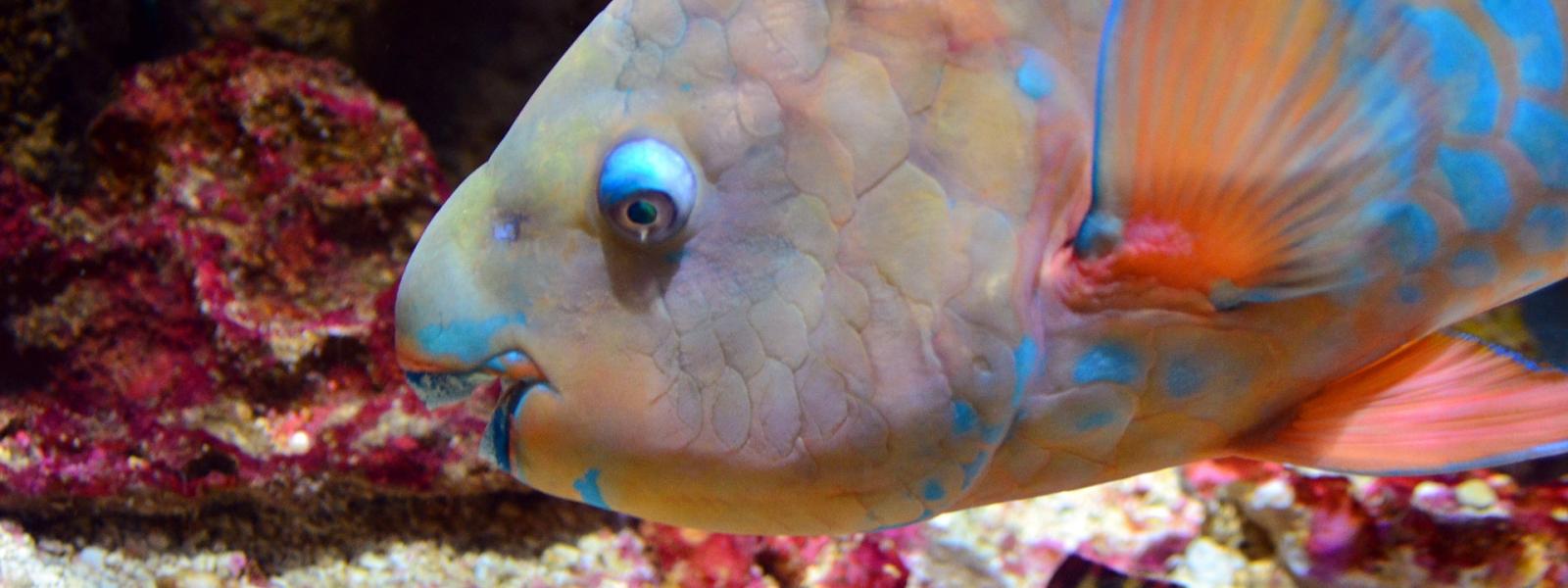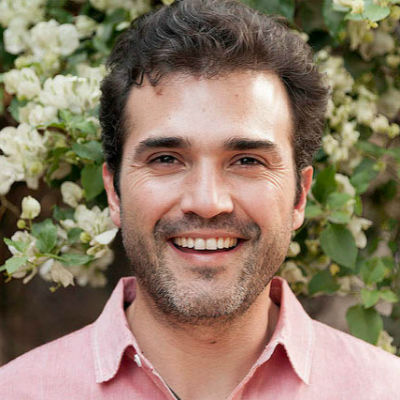
Herbivorous Fish to improve Coral Reef Health: Science and regional regulatory measure
This virtual seminar presented monitoring and regulation measures for the conservation of herbivorous fish, essential to maintaining the health and ecological functions of coral reefs. The panelists were experts working for reef conservation in the Mesoamerican Reef System, Bonaire Island and other territories of the Wider Caribbean Region.
Panelists
- Ileana Lopez, MsC. SPAW Protocol Programme Officer, United Nations Environment Programme (UNEP) & Secretariat of the Cartagena Convention representative. Welcome to the seminar & Introduction.
- Camilo Thompson, MsC. Attorney of Marine Program - AIDA. Importance of herbivorous fish regulation for Coral Reefs in the Wider Caribbean Region.
- Patricia Richards Kramer, PhD. Director of Atlantic and Gulf Rapid Reef Assessment (AGRRA). Status and trends of parrotfish in the Caribbean: updates from the AGRRA program.
- Brice Semmens, PhD. Director, California Cooperative Oceanic Fisheries Investigations (CalCOFI)/ Associate Professor, Scripps Institution of Oceanography, UC San Diego. Long-term trends in Caribbean parrotfish abundance at local, regional and basin-wide scales: Implications for fisheries and ecosystem management.
- Melanie McField, PhD. Founder and Director of the Healthy Reefs for Healthy People Initiative (HRI). Collaborative monitoring and reporting help protect parrotfish and improve reef health in the Mesoamerican reef.
- Robert S. Steneck, PhD. Professor of Oceanography, Marine Biology and Marine Policy, School of Marine Sciences, University of Maine / Pew Fellow in Marine Conservation. Parrotfish and the recovery resilience of coral reefs: A case study from Bonaire.
Recording
Presentations
1. Introductory presentation:
2. Ileana Lopez:
4. Patricia Richards Kramer:
5. Brice Semmens:
Daniel Camilo Thompson Poo

Camilo Thompson is a Mexican attorney with the Marine Biodiversity and Coastal Protection Program. He works with AIDA from Chiapas, Mexico. He has a Masters of Science in Human Dimensions of Natural Resources from Colorado State University and a Professional Master's Degree in Leadership for Conservation through Learning from the Colegio de la Frontera Sur. He has studied international environmental law at the United Nations Institute for Training and Research and has taken various international seminars with the US Forest Service and the Conservation Leadership Program. He has worked as a consultant for Mexican and international NGOs, primarily related to the integral management of hydrological basins, public policy initiatives on climate change, and sustainable forest management.
